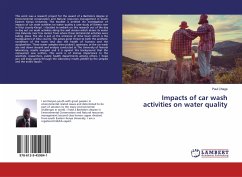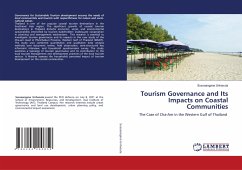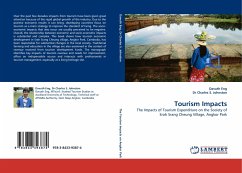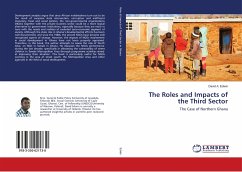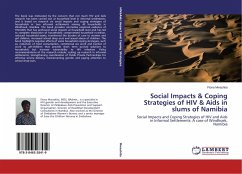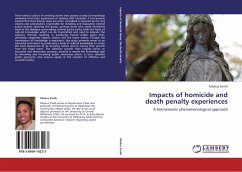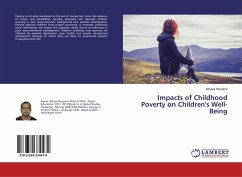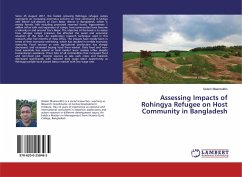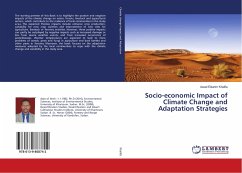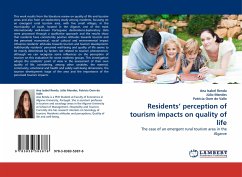
Residents'' perception of tourism impacts on quality of life
The case of an emergent rural tourism area in the Algarve
Versandkostenfrei!
Versandfertig in 6-10 Tagen
32,99 €
inkl. MwSt.

PAYBACK Punkte
16 °P sammeln!
This work results from the literature review on quality of life and tourism areas and also from an exploratory study among residents, focusing on an emergent rural tourism area, with five small villages, in the municipality of Loulé, located in the Algarve, one of the most internationally well-known Portuguese destinations.Exploratory data were processed through a qualitative approach and the results show that residents have consistently positive attitudes towards tourism and the perceived economical, social cultural and environmental impact influence residents' attitudes towards tourism and ...
This work results from the literature review on quality of life and tourism areas and also from an exploratory study among residents, focusing on an emergent rural tourism area, with five small villages, in the municipality of Loulé, located in the Algarve, one of the most internationally well-known Portuguese destinations.Exploratory data were processed through a qualitative approach and the results show that residents have consistently positive attitudes towards tourism and the perceived economical, social cultural and environmental impact influence residents' attitudes towards tourism and tourism development. Additionally residents' perceived well-being and quality of life seems to be mainly determined by factors not related to tourism phenomenon, although we can recognize some influences on the perception of tourism on this evaluation for some residents groups. This investigation adopts the residents' point of view in the assessment of their own quality of life, considering, among other variables, the material, community, emotional and health and safety well-being dimensions, the tourism development stage of the area and the importance of the perceived tourism impacts.



